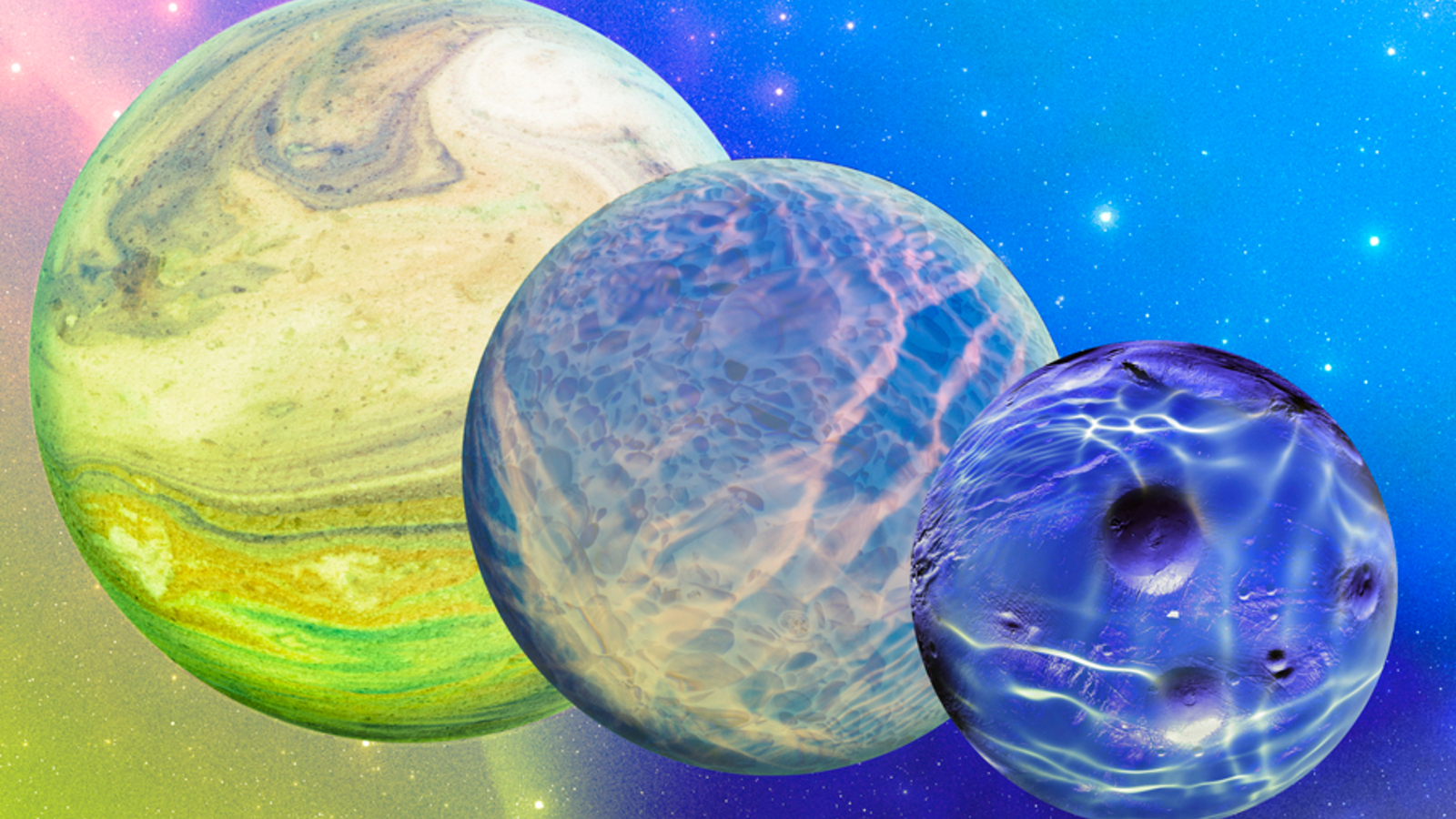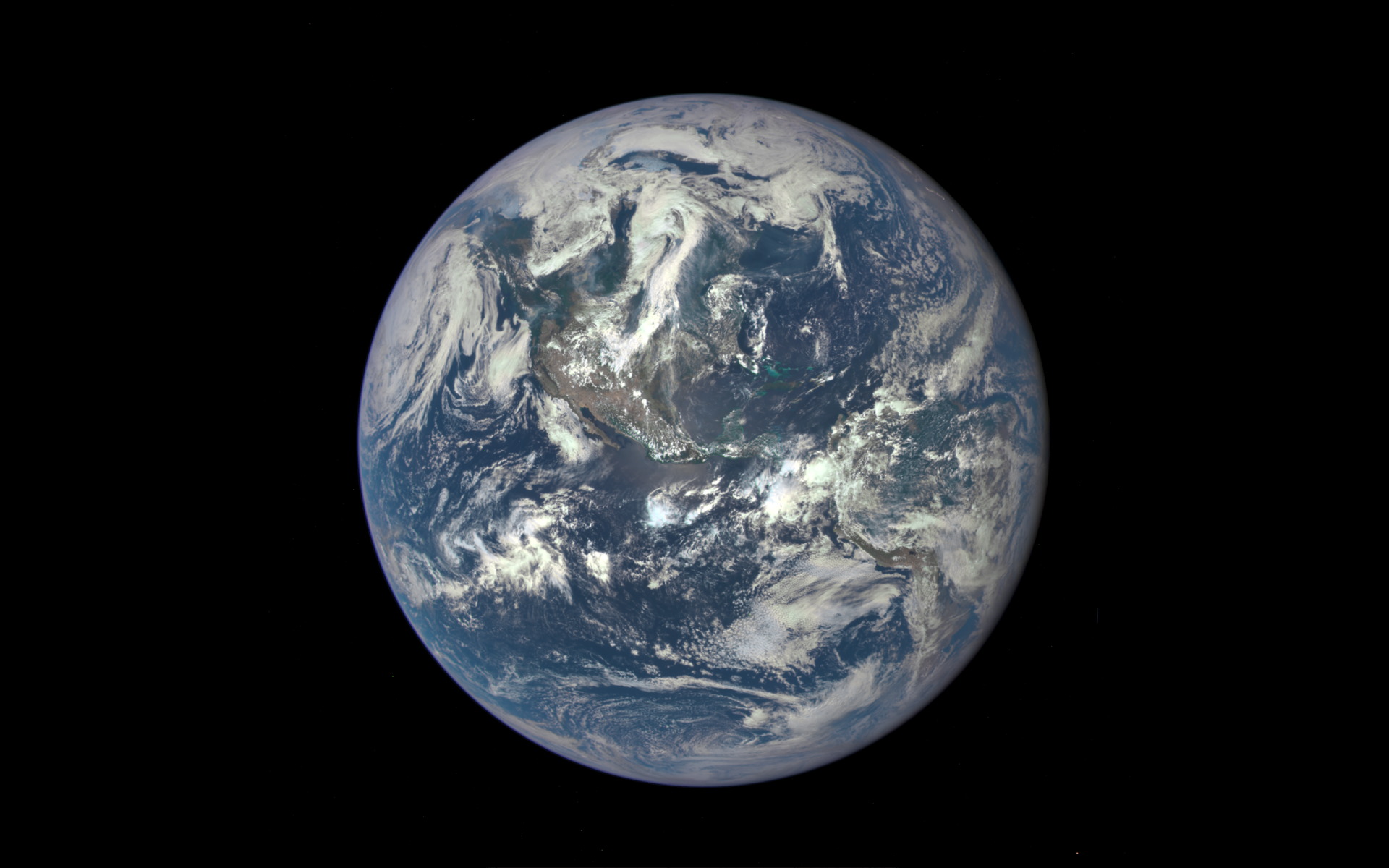Is water really a necessary ingredient for life? Aliens may swim in truly exotic pools
"This can dramatically increase the habitability zone for all rocky worlds."

Breaking space news, the latest updates on rocket launches, skywatching events and more!
You are now subscribed
Your newsletter sign-up was successful
Want to add more newsletters?

Delivered daily
Daily Newsletter
Breaking space news, the latest updates on rocket launches, skywatching events and more!

Once a month
Watch This Space
Sign up to our monthly entertainment newsletter to keep up with all our coverage of the latest sci-fi and space movies, tv shows, games and books.

Once a week
Night Sky This Week
Discover this week's must-see night sky events, moon phases, and stunning astrophotos. Sign up for our skywatching newsletter and explore the universe with us!

Twice a month
Strange New Words
Space.com's Sci-Fi Reader's Club. Read a sci-fi short story every month and join a virtual community of fellow science fiction fans!
Here on Earth, liquid water is key to life. But elsewhere? That might not be the case. A new study suggests that other liquids might be able to support life on worlds beyond our own.
"We consider water to be required for life because that is what's needed for Earth life. But if we look at a more general definition, we see that what we need is a liquid in which metabolism for life can take place," study leader Rachana Agrawal, a postdoctoral student at the Massachusetts Institute of Technology (MIT), said in a statement.
Agrawal and her team studied ionic liquids — salts that are liquid at sub-boiling temperatures (below 212 degrees Fahrenheit, or 100 degrees Celsius) — as a potential hospitable environment for life. Per the researchers' laboratory experiments, ionic liquids can likely form from ingredients found on rocky planets and moons.
Most importantly, the team determined that ionic liquids could form where liquid water can't, thanks to its ability to remain liquid at a wide range of temperatures and pressures. And ultimately, these ionic liquids might be able to support biomolecules like proteins.
"[T]his can dramatically increase the habitability zone for all rocky worlds," said Agrawal.
As things go in science, this discovery was something of a happy accident. Initially, the team set out to investigate signs of life on Venus, looking to find a way to collect and evaporate sulfuric acid from Venus' clouds. But when the researchers ran their evaporation experiments, they found that a liquid layer always remained. That layer, they determined, was an ionic liquid, formed when sulfuric acid reacted with glycine.
"From there, we took the leap of imagination of what this could mean," said Agrawal. "Sulfuric acid is found on Earth from volcanoes, and organic compounds have been found on asteroids and other planetary bodies. So, this led us to wonder if ionic liquids could potentially form and exist naturally on exoplanets."
Breaking space news, the latest updates on rocket launches, skywatching events and more!
More study is necessary, of course. "We just opened up a Pandora's box of new research," said MIT professor Sara Seager, a co-author of the study. "It's been a real journey."
The team's paper was published Monday (Aug. 11) in the journal Proceedings of the National Academy of Sciences.

Space.com contributing writer Stefanie Waldek is a self-taught space nerd and aviation geek who is passionate about all things spaceflight and astronomy. With a background in travel and design journalism, as well as a Bachelor of Arts degree from New York University, she specializes in the budding space tourism industry and Earth-based astrotourism. In her free time, you can find her watching rocket launches or looking up at the stars, wondering what is out there. Learn more about her work at www.stefaniewaldek.com.
You must confirm your public display name before commenting
Please logout and then login again, you will then be prompted to enter your display name.
